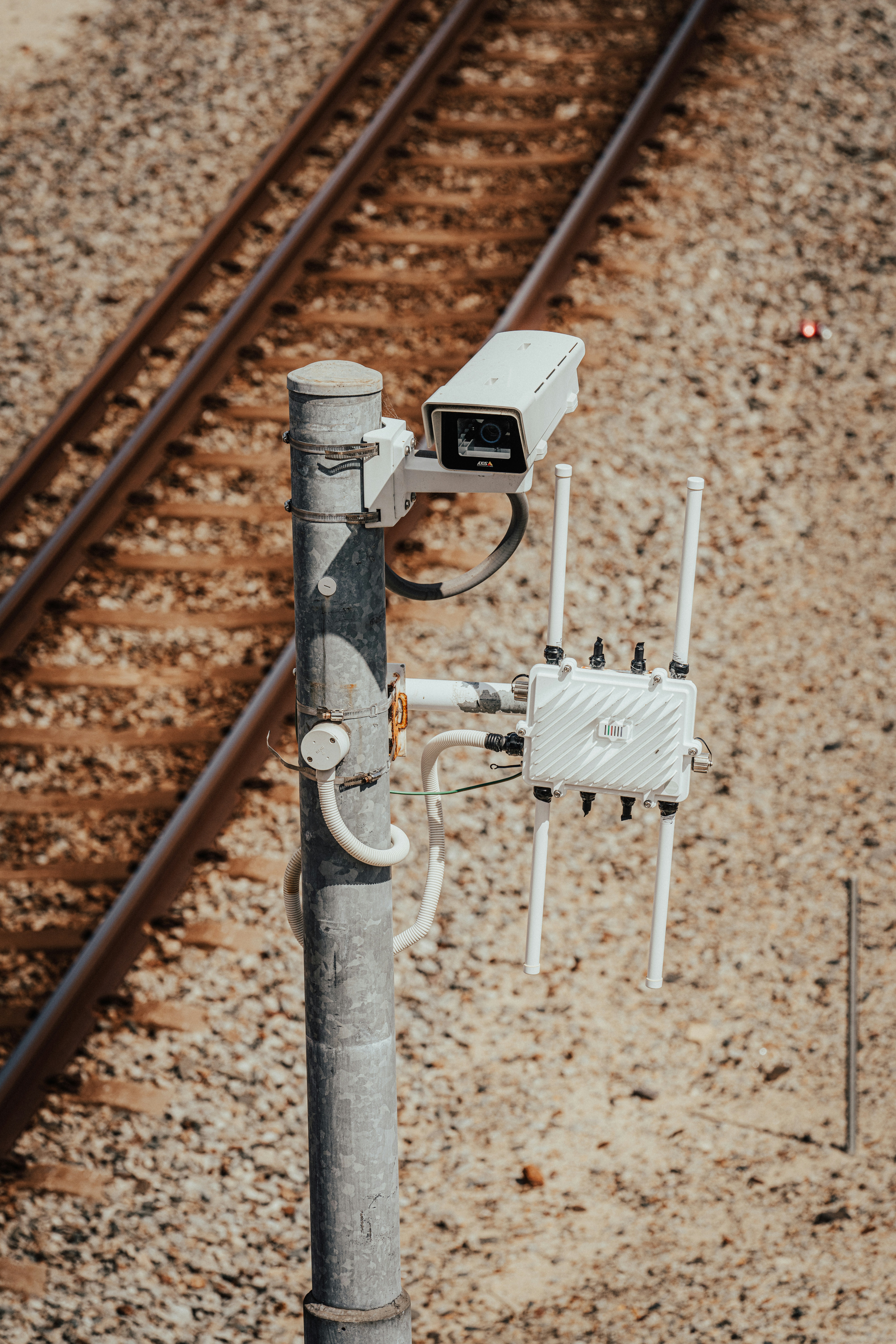Understanding Police Surveillance Techniques The role of law enforcement has evolved significantly in the age of technology. An increasing number of police departments are adopting various surveillance techniques, raising questions about ethics and legality. One such technique that has come to light is the use of phone jammers. While these devices can effectively disrupt communications,
Understanding Police Surveillance Techniques
The role of law enforcement has evolved significantly in the age of technology. An increasing number of police departments are adopting various surveillance techniques, raising questions about ethics and legality. One such technique that has come to light is the use of phone jammers. While these devices can effectively disrupt communications, their legality is often contentious.
Controversy Surrounding Phone Jamming
Phone jammers are designed to interfere with mobile signals, preventing communication between individuals. Police may use them in certain high-stakes situations, such as during hostage rescues, to prevent suspects from calling for backup. However, the indiscriminate use of such technology can lead to significant concerns regarding civil liberties. Critics argue that this raises important questions about whether police have the right to infringe upon citizens’ privacy during operations.
The Risk of Corruption in Law Enforcement
As law enforcement agencies increasingly rely on questionable surveillance techniques, allegations of corruption arise. Some argue that the use of devices like phone jammers may indicate that officers have something to hide, or they are slacking in their duties. This perception can erode public trust, making it essential for police departments to operate transparently and within the bounds of the law. Ultimately, the balance between effective policing and safeguarding individual rights remains a pressing concern in contemporary society.
 Internet Connectz
Internet Connectz 













Leave a Comment
Your email address will not be published. Required fields are marked with *